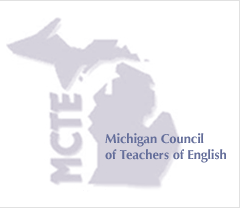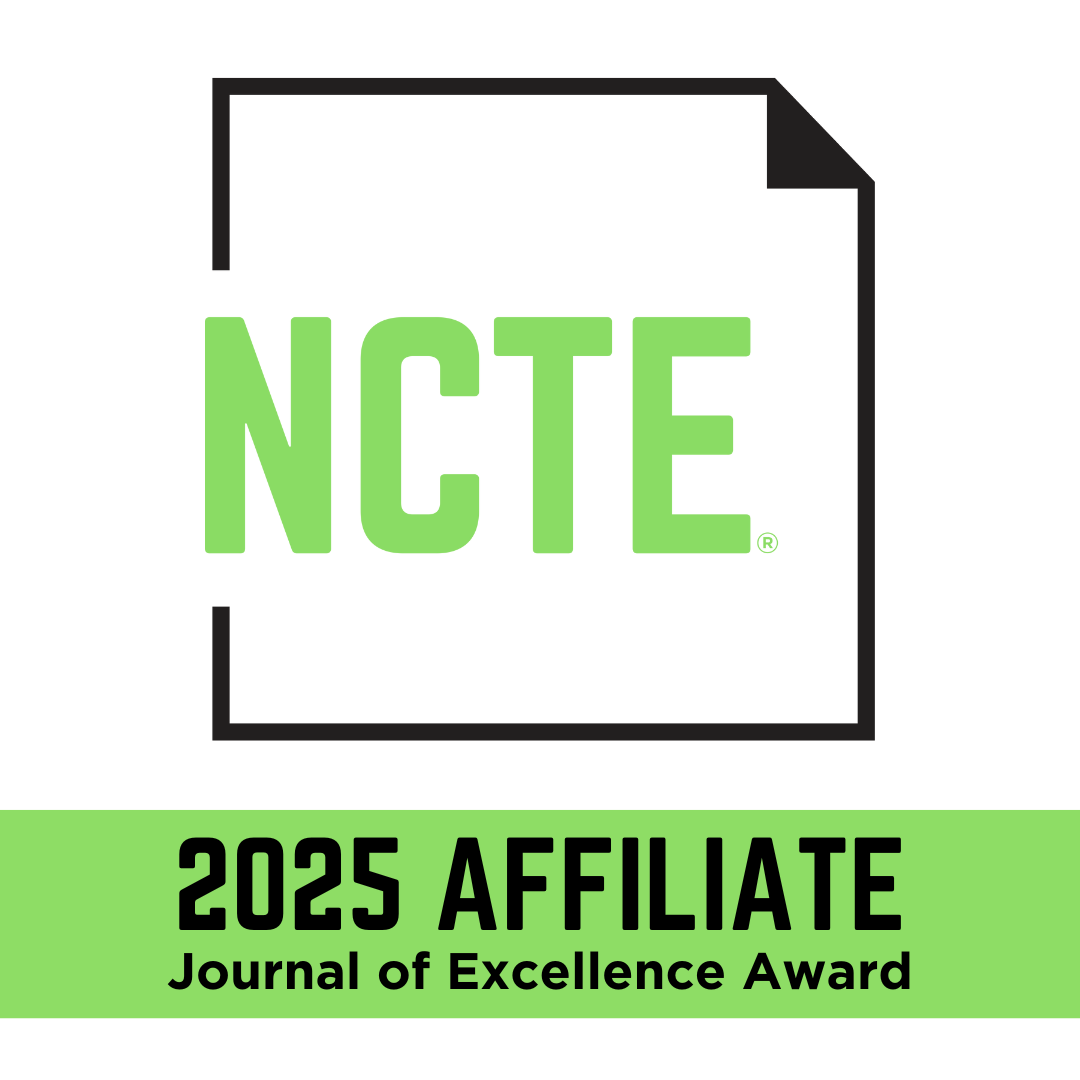Abstract
Because literacy is a civil right, educators are responsible for designing and implementing literacy education that is designed with the excellence of all students in mind. In order to learn about ways to ensure that literary practices are equitable for all students, the authors joined an educators’ book club to read Cultivating Genius: An Equity Framework for Culturally and Historically Responsive Literacy by Gholdy Muhammad. Muhammad describes the Black literary societies of the past and challenges educators of today to enhance classrooms by upholding equity and excellence through a five-layered framework: Identity, Skills, Intellect, Criticality, and Joy.
We studied Muhammad’s theories and practices and then examined our own K-16 curricula. The results were a combination of celebrating the way we were already implementing culturally and historically responsive literacy practices and creating more opportunities for their students to have equitable access to their literacy. At the elementary level, Literacy Kits invite children to pursue the layers of Muhammad’s framework. In middle school, independent reading and mindfulness practices build literary societies. At the high school level, literacy and civic education are blended by inviting students to access Muhammad’s framework by exploring the problem of pollution in Lake Erie. Finally, the HRL framework was used to scaffold research projects for first-year college students in which students used the pursuits as lenses through which they described their discoveries and made connections.
Three experienced teachers show how Muhammad's HRL framework applies to each educational level from kindergarten to college and across subject areas. Readers who aren't familiar with Cultivating Genius will get a basic overview of the concepts along with recent examples of their implementation in Michigan classrooms.
Recommended Citation
Glupker, Katie; Gower, Pam; and Knight, Angela
(2022)
"Teaching with the Genius in Mind: Enacting Literacy as a Civil Right,"
Language Arts Journal of Michigan:
Vol. 37:
Iss.
2, Article 6.
Available at: https://doi.org/10.9707/2168-149X.2332
Publication Date
6-2022
Included in
Curriculum and Instruction Commons, Elementary Education Commons, Elementary Education and Teaching Commons, Higher Education and Teaching Commons, Junior High, Intermediate, Middle School Education and Teaching Commons, Other Teacher Education and Professional Development Commons, Secondary Education Commons, University Extension Commons

